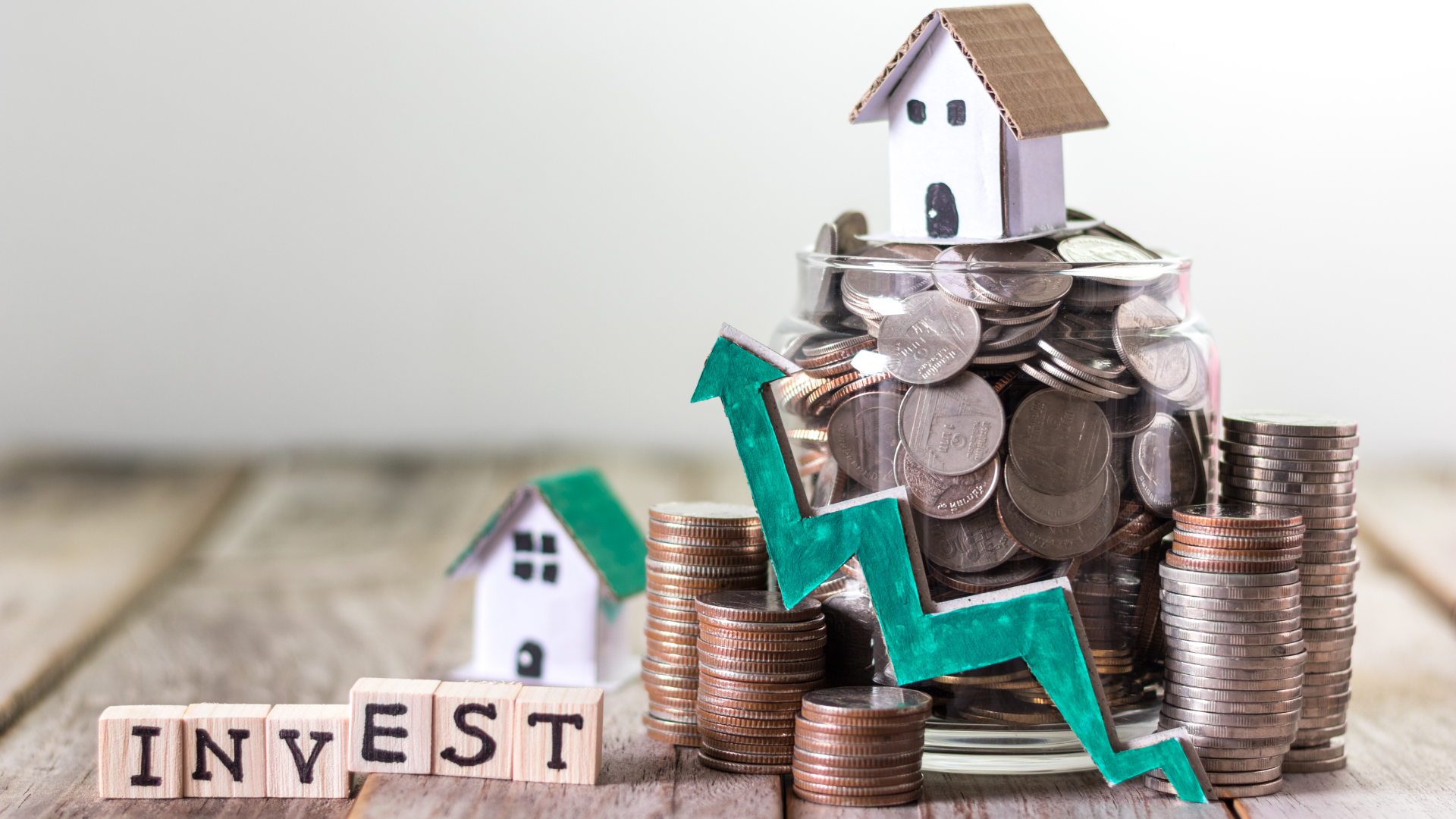Investing in property can be a great way to build wealth and secure your financial future. But it isn’t a decision that should be taken lightly.
Below, we’ll explore the basics of property investments. With this knowledge, you can make an informed decision about whether this is the right investment option for you.
What is Property Investment?
Property investment is the purchase of real estate to earn a return on the investment. This can either be through rental income, the future resale of the property, or both.
Many people choose to invest in property because it offers the potential for high returns. It is also a more tangible asset compared to other investments such as stocks and bonds.
Advantages of Investing in Property
There are many advantages to investing in property. This is true regardless of whether you’re looking to buy your first home, an investment property, or even commercial real estate.
Property is a physical asset that you can touch and feel. They are not like stocks and shares which are intangible.
You also have more control over property than other investments. You can decide when to sell, renovate or rent it out.
Another advantage of investing in property is that it’s a low-risk investment. The value of property tends to rise steadily over time.
What this means is that you can expect to see healthy returns on your investment. And if you do need to sell in a hurry, there’s always a ready market for properties.
The biggest advantage of all is that property can provide you with a regular income stream. If you buy an austin texas homes for sale and rent it out, you’ll receive rental payments every month.
The payments you get can help to offset any mortgage repayments. This way, your investment will start paying for itself from day one!
Risks Associated with Property Investments
As with any investment, there are some risks associated with property investments as well. Changes in economic conditions can have a significant impact on property investments.
For example, an increase in interest rates can make it more difficult for investors to service their loans. This can lead to defaults and foreclosures.
There’s also the political risk. This can happen when changes in government policy affect the performance of property investments.
For example, the government may introduce taxes or regulations that make it difficult for investors to make a profit. If this happens, it could lead to lower returns or even losses.
Then, there are physical risks. These refer to the possibility that the physical characteristics of a property could deteriorate. This in turn can make the property less valuable.
For example, a property may be in an area prone to flooding or earthquakes. This could reduce its value and make it more difficult to sell in the future.
Lastly, there’s the management risk. This can happen when poor management affects the performance of property investments.
One example is if a property is not well-maintained or if rental fees are not collected promptly. All these could lead to lower returns for investors.
Different Types of Property Investments
There are many different types of property investments available nowadays. The most common type of investment is residential property.
This can be either a single-family home, condo, or apartment. These types of investments offer the potential for appreciation, as well as rental income. But, they also come with the risk of vacancy and maintenance costs.
Another popular type of investment is commercial real estate. This can include office buildings, retail space, or warehouses.
Commercial properties tend to be more expensive than residential ones. In turn however, they offer the potential for higher returns. Another benefit of commercial properties is that there are typically a wider range of protection policies and warranties you can take out to ensure minimum downtime in the event of issues with the building. This can include things like commercial roof warranty to ensure that the roofing system remains intact and any repairs can be done in a timely manner, it could also include insurance for things like fire damage or other forms of loss.
Lastly, there are also land investments, which can be either undeveloped or developed. Undeveloped land may appreciate over time if the surrounding area becomes developed. A potentially safer option is investing in land located in already developed areas. Investors can learn more about their scopes and rates from professionals who offer land for sale upstate sc (or elsewhere).
Developed land may also provide rental income or the opportunity to build on it and sell it at a profit. Land investments come with the risk that the property may not be able to get sold or that development may not occur as expected.
Tips for Beginning Investors
If you’re thinking of getting into property investment, there are a few things you should know before you get started. One of them is to do your research.
Before you invest, do your homework and know everything you can about the market. Don’t just take someone’s word for it. Make sure you understand the risks involved and what potential rewards there could be.
If you’re not experienced in investment, it’s always a good idea to seek out the advice of a professional. They can help guide you through the process and answer any questions you have.
Don’t expect to get rich quickly with property investment. It takes time, patience, and effort to see real results. Prepare to hold onto your investment for the long term and don’t give up if things get tough in the short term.
When investing, it’s important to be aware of the tax implications. This is when it comes to both buying and selling properties, as well as any income you may earn from renting them out. Speak to an accountant to make sure you understand everything before getting started.
Before investing in any property, have a clear plan in place on what your goals are and how you intend to achieve them. This will help keep you on track and ensure that your investment is as successful as possible.

